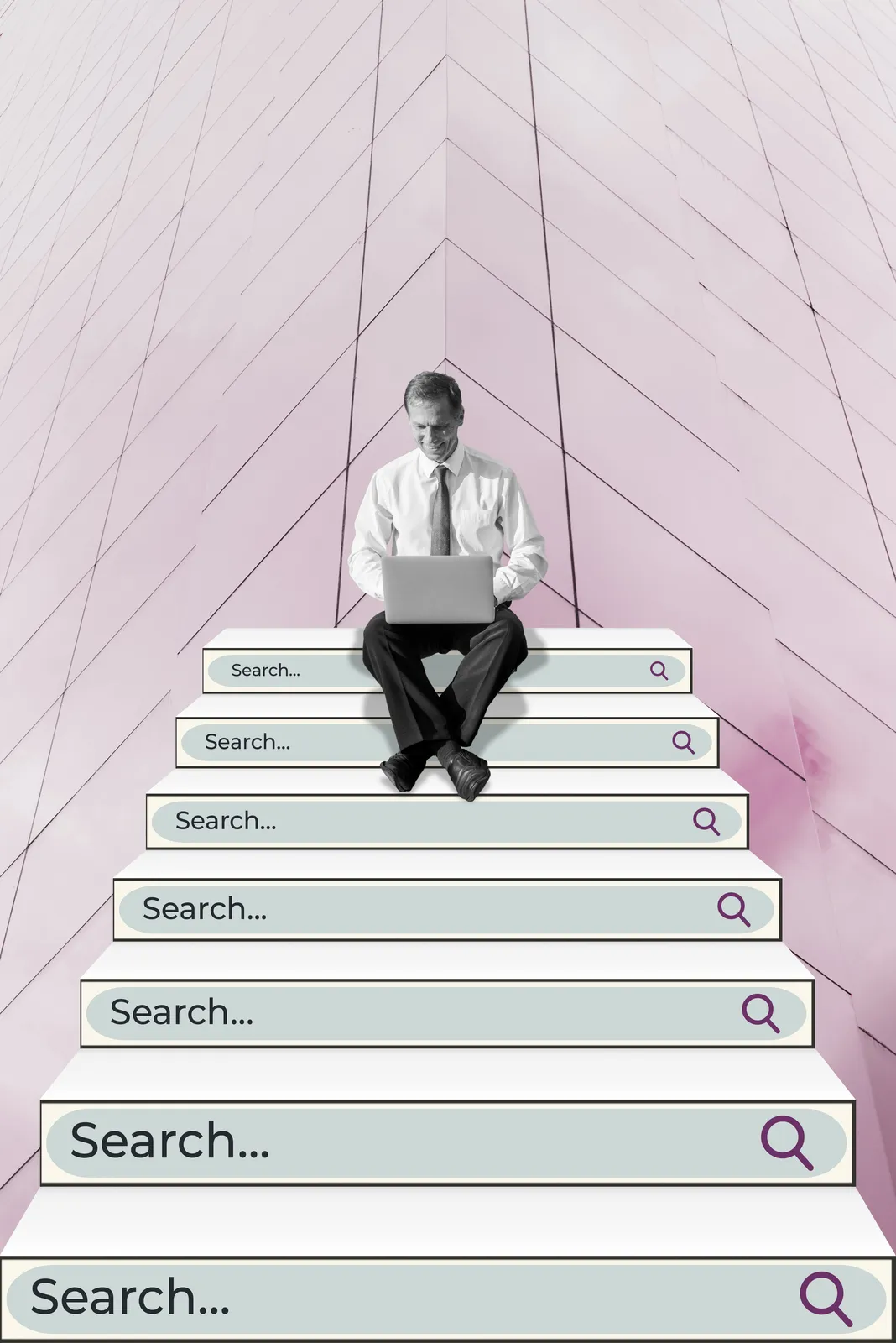Is Shared Hosting Putting Your Website at Risk?

A cheap solution that may cost you more than you think

Shared hosting may seem like the easiest and most cost-effective way to get your website online. But in 2025, digital threats, performance demands, and privacy concerns have turned what used to be a smart choice into a dangerous compromise.
By placing your site on the same server as hundreds—or even thousands—of others, you’re not just sharing space. You’re sharing vulnerabilities. And in some cases, those vulnerabilities could mean lost revenue, SEO penalties, data breaches, or even total downtime.
Let’s dive into why shared hosting is no longer a safe bet, and what you can do instead to regain control and stability.
What you don’t see can still hurt your site
The hidden dangers of shared hosting
When you use shared hosting, you’re affected by everything happening on the same server—even if it’s not your fault. A spike in traffic on a neighboring website can cause your site to slow down or crash. Worse yet, if another hosted site is infected or blacklisted, your IP reputation suffers, impacting email deliverability and SEO rankings.
In many cases, the following risks are underestimated:
Cross-site vulnerabilities due to insecure configurations
Shared IP address penalties from spamming or malware activities
Inconsistent performance based on usage spikes by other users
Limited security controls over firewalls, backups, and DDoS defenses

Speed and stability directly affect your visibility
Performance and SEO penalties
Google has made it clear: site speed and uptime matter. When your site slows down because of a congested shared server, you’re not only frustrating visitors—you’re hurting your search rankings.
Shared hosting plans often don’t allow you to fine-tune caching, resource allocation, or security layers.
As a result:
You’re less resilient to traffic spikes
You may experience frequent timeouts or connection issues
Your site may fail Core Web Vitals assessments, impacting your visibility
In contrast, private environments or infrastructure with strong DDoS protection offer the performance consistency and resource isolation required for SEO growth and user satisfaction.
🔗 For better resilience, some choose a secure infrastructure designed for high availability, ensuring critical uptime under stress.


In shared environments, you inherit the risk of others
Security: The weakest neighbor becomes your problem
Security is often where shared hosting fails the most. A single misconfigured or outdated site on the same server can open the door for attackers to compromise the entire machine—or give them lateral access to your files.
Typical weaknesses include:
Shared file systems vulnerable to privilege escalation
Delayed patching of server-wide software
Lack of advanced monitoring or per-site firewall isolation
Without strong DDoS filtering, your site could also become a target or a victim by association during larger botnet attacks.
From VPS to offshore hosting: regain control
What are your safer alternatives?
If your project matters—whether it’s a blog, a business, or a platform for advocacy—shared hosting is not enough. You need an environment that gives you control, privacy, and performance.
Safer alternatives include:
VPS (Virtual Private Server): for dedicated resources at a mid-range cost
Cloud hosting: for scalable infrastructure across regions
Offshore hosting: for projects requiring freedom from restrictive jurisdictions, enhanced privacy, and built-in protection against attacks
📌 Hosting your site on a reliable and private infrastructure protects it from collateral damage—and ensures you’re not paying the price for someone else’s mistake.

Need help migrating away from shared hosting?
If you’re still using shared hosting and experiencing performance issues, SEO drops, or unexplained slowdowns, it might be time to upgrade.
📩 Let us guide you toward a more secure, independent hosting solution.
We’ll recommend a configuration tailored to your needs—whether performance, privacy, or protection is your top priority.
Contact
